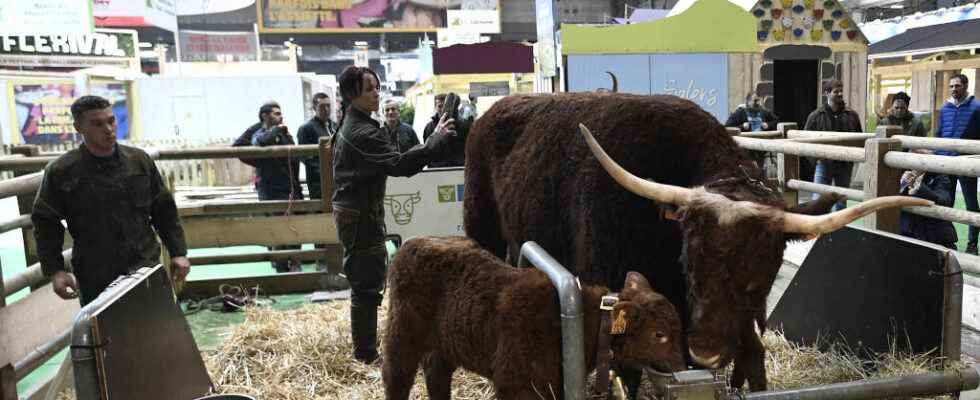The agricultural show opened this weekend in Paris. This annual showcase of the France farm always arouses great interest from the public. On the other hand, the profession has the greatest difficulty in attracting new candidates. It is the crisis of vocations among the French peasants.
Agriculture is today the economic activity that recruits the most. 257,000 hiring projects were identified in 2022 by the main union, the FNSEA. This is much higher than the needs expressed in well-identified sectors in tension such as catering or home care. Winegrowers, tractor drivers or pickers are the professions where the shortage is the most sensitive. This vocations crisis is not new. The number of farms has been in freefall since the 1970s. Aging is precipitating the movement. Between 2010 and 2020, 100,000 farms disappeared for lack of a buyer. 40,000 jobs have been swallowed up in this wake and it is not about to stop. As many will vanish by 2030. By that date, half of the farmers working today will be retired and only one in three has found a successor.
Generational renewal no longer works as it used to
The family farm model is dying. The farm manager, assisted by his wife, who is often a volunteer, and supported and then replaced by one of his sons, is an endangered species. Because the rural world, like the rest of French society, aspires to change. Women want a status or an independent activity and children are less and less motivated by a time-consuming, uncertain and badly paid job. In the absence of an heir, farmers often sell their estates to a neighbour. To maintain farms with increased surfaces, farmers resort more to employees. Their number is steadily increasing while that of farmers is declining.
Can the France farm survive this vocation crisis?
In certain activities, robotization will easily compensate for the lack of arms, according to a study by France Strategies. Otherwise, the fragmentation of agricultural activity and the use of subcontracting redraw the contours of the farming profession. Cooperatives and agencies specializing in the rental of equipment are recruiting more and more expert technicians in fairly specialized fields. These new agricultural employees are sometimes tempted by the subsequent return to the farm. They could be the breeding ground for generational renewal. This is the wish of the representatives of the agricultural world. Provided they have the means to finance their project.
Because with the rise in land prices, buying a farm requires a fairly large investment.
Between 500,000 and one million euros, a bar too often out of reach for the youngest. The high cost of land aggravates the vocations crisis. Remedy is essential to avoid the desertification of the countryside. Some regions are already experimenting with supporting new candidates by facilitating the transition from the status of agricultural employee to that of farm manager with financial support over the medium term. This may be the future of French agriculture plagued by multiple challenges. Its production is still the first in Europe in value, but it is faced with increasingly tough international competition, including within the European Union and increasingly subject to irreconcilable injunctions: to produce greener while the climate becomes more random.
